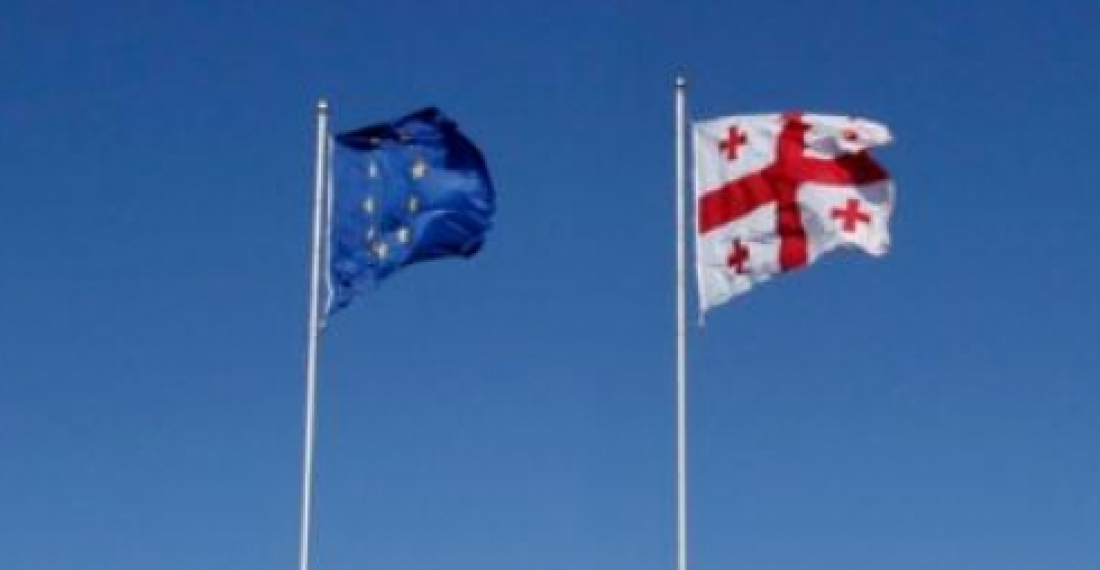The Association Agreement (AA) between the European Union and Georgia, for which negotiations began in July 2010, will come into force on July 1st. The news was confirmed on Monday evening at a meeting of the European Union Foreign Affairs Council in Brussels.
The deal was agreed in 2013 and signed in 2014, but needed to be ratified by the national parliaments of all 28 EU member states. Belgium was the final country to do so, in December 2015.
"After signing the AA, this is another important date in the history of EU-Georgia relations,” said Georgia’s foreign ministry in a statement.
The European Union has association agreements with many countries on its periphery, including in the Middle East, North Africa and Eastern Europe, as well as with western European countries that are not EU members, such as Norway and Liechtenstein. Association Agreements with Moldova and Ukraine have also been signed but not ratified.
"The process of Georgia’s political association and economic integration, which includes implementation of European political, trade-economic, social and judicial standards, will speed up and will be irreversible,” said Georgia’s foreign ministry.
SOURCE: commonspace.eu and agencies
PHOTO: Georgia and EU flags






